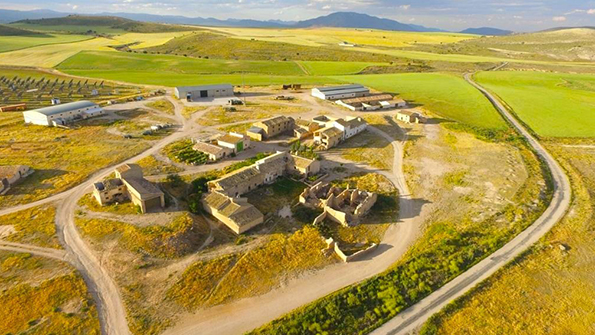
The agricultural business of La Junquera (Spain) is engaged in developing a co-innovative, transdisciplinary initiative to involve researchers and students in engaging with the local communities, to identify and understand barriers to transformation.
From this, it is possible to either chart a path to removing these barriers, or iteratively ‘redesign the lighthouses’ to be compatible with local decision making.
As La Junquera is working on a new way of farming and a new way of living in the countryside, it is important to have examples of existing farms that can lead in such direction. Therefore, they are part of a project developed by the University of Wageningen, the lighthouse farm project. A lighthouse farm is an existing, commercially viable farm in the real world that are positive deviants and are “already in 2050” in terms of providing sustainably produced food and ecosystem services. These farms demonstrate what can be achieved within the bio-physical and socio-economic solution spaces.
They are developing a mosaic of solutions, or customised farming systems for contrasting environments, climates, farmers and cultures. This involves both the agro-ecological-technical redesign of farming systems, and development of trajectories for farmers to bridge the think-do-gap between design and implementation.
By being a multifunctional, organic and regenerative farm, La Junquera can be an example for farms, youth, and rural entrepreneurs who want to make a life in the countryside.
Read the full article here:


